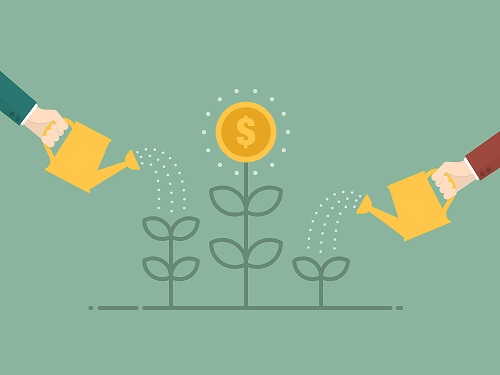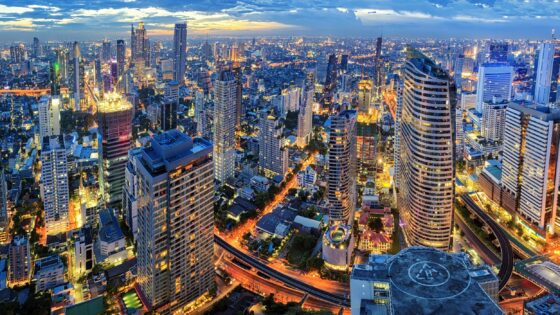Investors are showing more interest in the bio-, circular and green (BCG) economy as investment value in this area rose last year by 17% to 114.8 billion baht, reflecting a move towards more environmentally-friendly manufacturing, according to the Board of Investment (BoI).
The value, based on applications sent to the BoI for tax privileges in the BCG sector, increased from 98 billion baht in 2019. The total number of investment projects stood at 494 last year.
“The BCG economy will continue to be one of our investment targets this year,” said Duangjai Asawachintachit, the BoI’s secretary-general.
“Our investment promotion in 2021 will focus on projects with business potential, covering medical industry, infrastructure development and BCG.”
The government wants the BCG economy to be a key driver as it can help bolster the agricultural sector and ensure economic development is on a sustainable path.
The BCG economic model aims to use resources wisely with minimum impact on the environment.
Bio-economy is particularly closely related to agriculture as it promotes the use of renewable resources as raw materials to produce energy, food and other value-added products that will be a new source of revenue for farmers.
The BoI last year added plant factories to a list of more than 50 BCG projects under its tax privilege programme.
Plant factories promote the use of technology for “new-generation plants” grown in controlled environments to produce safe, high-quality yields in desired quantities.
Ms Duangjai said the BoI also adjusted criteria on tax privileges, urging prospective BCG economy investors in the food segment to better keep their businesses in line with environmental standards.
One example is a requirement for cold storage operators to use refrigerants that have limited impact on the environment, she said.
The BoI also supports projects that use farm refuse as palm trees to produce biomass fuel.
Source: Bangkok Post




Leave a Reply